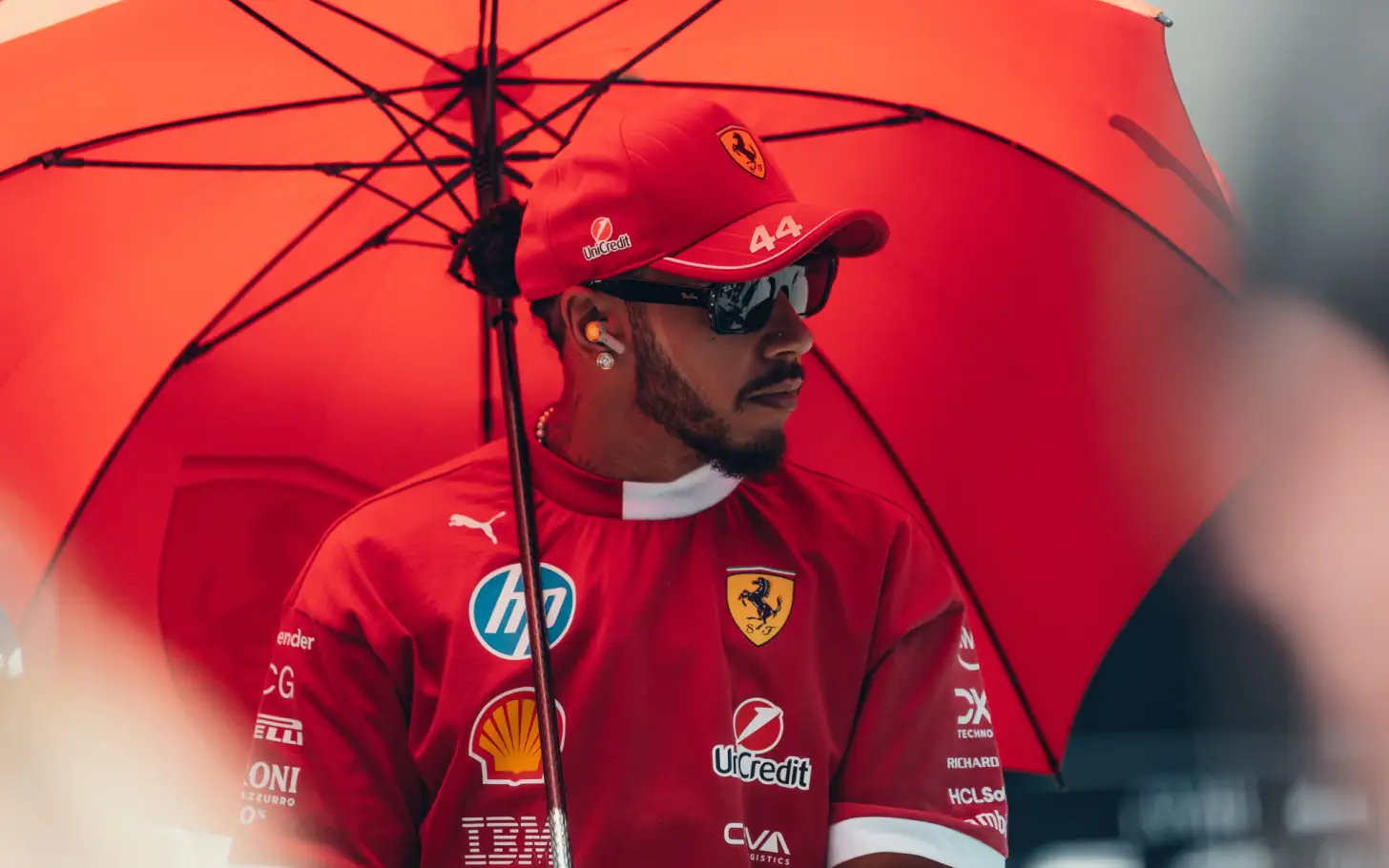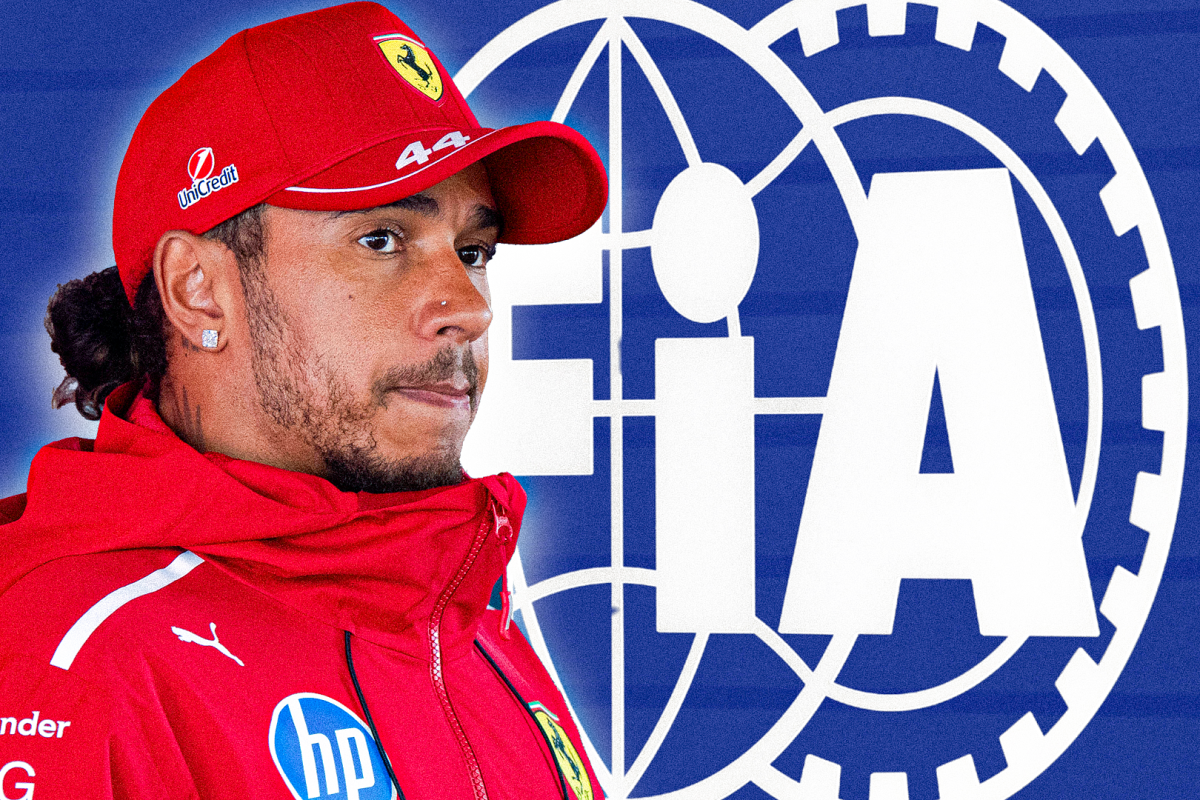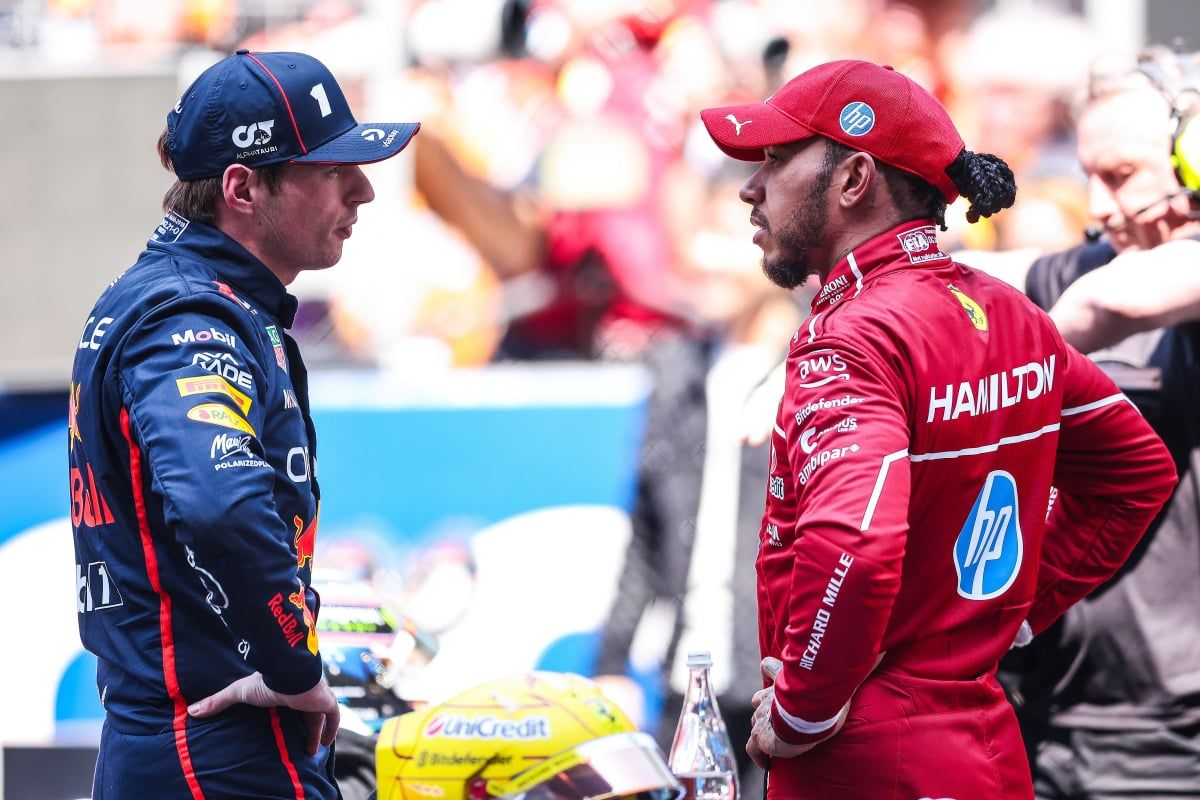Did Ferrari Make a Mistake Signing Lewis H… read more
When Lewis Hamilton signed with Ferrari for the 2025 Formula 1 season, it was a move that stunned the motorsport world. The seven-time world champion had spent over a decade at Mercedes, becoming the most successful driver in the sport’s history in terms of race wins. His switch to Ferrari was hailed as both a romantic and strategic decision — a legendary driver joining the most iconic team in Formula 1. Yet, halfway through the season, Hamilton is still searching for his first podium in red. It has sparked a wave of questions: was this partnership a miscalculation? Has Ferrari made a mistake?
There’s no denying the symbolic value of the move. Ferrari’s name is synonymous with Formula 1, and Hamilton’s name is synonymous with winning. It seemed like a perfect union on paper — a driver of immense talent paired with a team hungry to end its championship drought, which dates back to 2007 for a drivers’ title and 2008 for a constructors’. But Formula 1 is not a sport won on sentiment or symbolism. It is won with speed, strategy, and synergy. And so far, Ferrari has failed to deliver the kind of car Hamilton can fight with, and Hamilton has struggled to adapt to machinery that simply doesn’t suit his driving style.
So far in 2025, Hamilton’s performances have been, by his own lofty standards, underwhelming. While teammate Charles Leclerc has occasionally found himself fighting for the podium or pole positions, Hamilton has hovered around the midfield. Mechanical issues, strategic missteps, and a lack of car pace have all played a role in his subdued results. But perhaps more alarmingly, there are signs that Hamilton himself hasn’t quite gelled with the Ferrari setup. The SF-25 lacks the rear stability that Hamilton tends to prefer, and his struggles in qualifying — a hallmark of his strengths in previous years — have made race-day recovery an uphill battle.
There’s also the issue of Ferrari’s perennial inconsistency. Despite starting the season with promise and a string of updates aimed at closing the gap to McLaren and Red Bull, the Italian team remains as unpredictable as ever. One weekend, they’re fighting for front-row starts; the next, they’re scraping into Q3. Such unpredictability makes it difficult for even the most experienced driver to settle into a rhythm. Hamilton may have known that Ferrari isn’t Mercedes in terms of infrastructure and stability, but the extent of the internal chaos may still be a rude awakening.
From a branding standpoint, the move has arguably paid off. Hamilton’s arrival brought a fresh wave of media attention and commercial interest. Ferrari’s global presence expanded further thanks to Hamilton’s social and cultural reach, especially outside traditional F1 circles. But Formula 1 is a results-driven business, and good PR does not score points on Sunday.
It’s also worth asking what Ferrari expected from Hamilton. At 40, he is no longer the young charger of the early 2010s, but he remains supremely fit, sharp, and motivated. His experience and technical feedback were supposed to push the team forward, perhaps help them build a championship contender by 2026, when the new engine regulations come into effect. So far, however, it seems Ferrari is no closer to that goal than they were before Hamilton’s arrival.
Still, it’s too early to call the partnership a failure. Great drivers sometimes take time to find their footing in a new team — think of Michael Schumacher’s early years at Ferrari or even Fernando Alonso’s first seasons at Alpine. Hamilton himself might need more than a few races to fully adapt to Ferrari’s processes, team culture, and engineering methods. There’s also hope that with his feedback, the SF-25’s successor could be a more competitive machine in 2026.
But patience runs thin in Maranello. Ferrari’s passionate fanbase and demanding management expect results, not promises. And for now, the scoreboard doesn’t favor Hamilton. Unless a dramatic turnaround occurs in the second half of the season, critics will grow louder, and doubts will continue to mount over whether this was the right move — for Hamilton, for Ferrari, or both.
In the end, whether Ferrari made a mistake signing Lewis Hamilton depends on the long game. If the partnership yields a competitive 2026 car and returns Ferrari to title contention, the early struggles of 2025 will be seen as growing pains. If not, this might go down as one of the most high-profile gambles in F1 history — one that failed to pay off.




